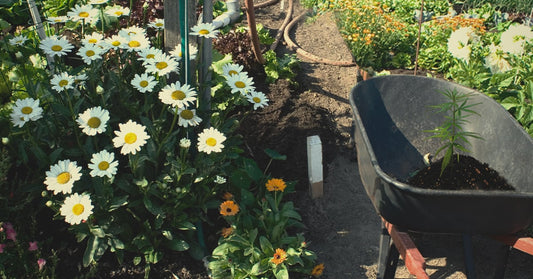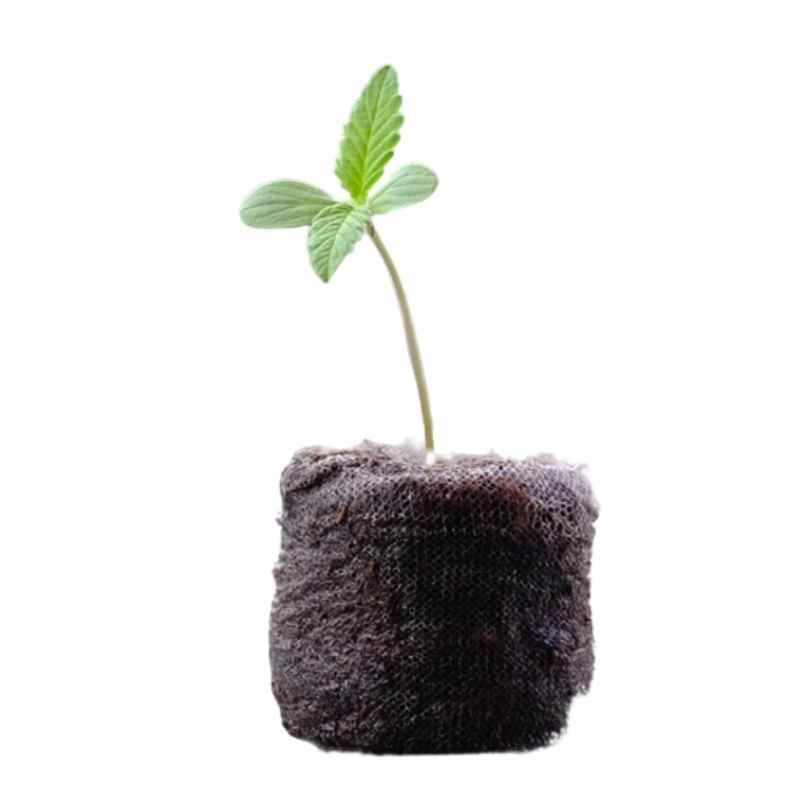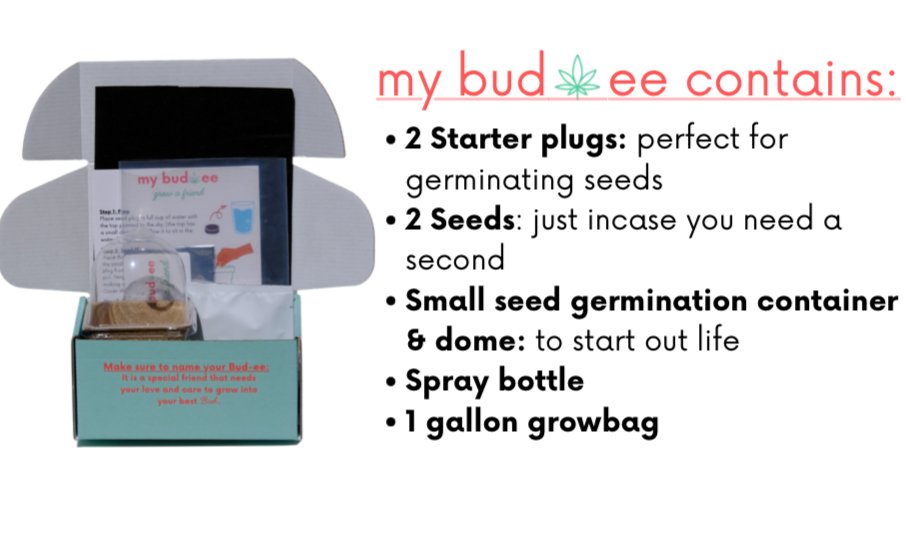Plants require several key nutrients to support healthy growth. Starting with a good soil will help your plant in the early days. Auto-flowers (my bud-ee plants) have a shorter life cycle and a predetermined vegetative and flowering stage, so their yield can be increased with the right nutrients optimized for rapid growth and flower production. Here's a basic nutrient program for auto-flowering cannabis plants:
Begin with a high quality potting soil. Your plant will have everything it needs using just soil and water this first week.
After one week in the soil use a Balanced Base Fertilizer: Use a balanced, all-purpose fertilizer formulated for cannabis during the vegetative stage. Look for fertilizers with equal or similar ratios of N-P-K (nitrogen-phosphorus-potassium), such as 20-20-20, 10-10-10 or 5-5-5. Some of the brands we utilize are Envy Fertilizer, Jack’s Classic , Humboldt’s Secrets.
Once you begin to see flowering transition to Bloom Nutrients: As your autoflower transitions from the vegetative stage to flowering, switch to a bloom-specific fertilizer with higher phosphorus (P) and potassium (K) content. Look for formulations like 5-10-10 or 10-15-10 to support bud development. Some of the brands we utilize are Hawaiian Bud and Bloom, Jack’s Bloom, Envy Bloom.
Avoid Overfeeding: Auto-flowers are generally more sensitive to nutrient imbalances and overfeeding than photoperiod varieties. Start with lower doses of nutrients and gradually increase as needed, observing plant response and adjusting accordingly. We recommend only giving nutrients one time per week.
Flush Before Harvest: About two weeks before harvest, start flushing your plants with plain, pH-balanced water to remove excess salts and nutrients from the growing medium. This can improve the flavor and quality of the final product.
Organic Options: If you prefer organic cultivation, consider using organic fertilizers, compost teas, and other natural amendments to feed your autoflowers. These can provide a more gentle and holistic approach to nutrient supplementation.
Always follow the manufacturer's instructions when using fertilizers and supplements, and be attentive to any signs of nutrient deficiencies or excesses such as discoloration, spotting or brittle leaves. Adjust your nutrient program accordingly based on the specific needs and characteristics of your autoflowering cannabis strains
How nutrients increase your yield:
Nitrogen (N): Nitrogen is crucial for vegetative growth, as it supports the development of leaves and stems. During the flowering stage, nitrogen requirements decrease.
Phosphorus (P): Phosphorus is essential for root development, flower formation, and overall plant vitality. It plays a significant role during the flowering stage, promoting robust bud development.
Potassium (K): Potassium helps regulate water uptake, improve disease resistance, and enhance flower quality and yield. It's particularly important during flowering for promoting bud formation and density.
Calcium (Ca): Calcium aids in cell wall structure and integrity, promoting strong stems and overall plant health. It also helps regulate nutrient uptake and prevents nutrient deficiencies.
Magnesium (Mg): Magnesium is a central component of chlorophyll, the pigment responsible for photosynthesis. It's crucial for energy production and overall plant vigor.
Sulfur (S): Sulfur is involved in enzyme activation, protein synthesis, and chlorophyll formation. It's essential for healthy growth and plays a role in aroma and flavor development.
Trace Minerals: Cannabis also requires trace minerals such as iron (Fe), manganese (Mn), zinc (Zn), copper (Cu), boron (B), molybdenum (Mo), and others in smaller quantities. These minerals are involved in various enzymatic reactions and metabolic processes essential for plant growth and development.








